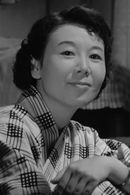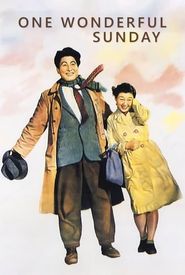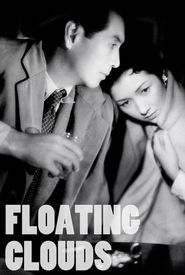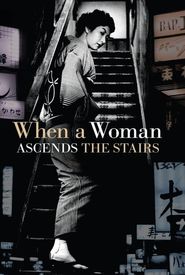Akiko Nakakita, a talented character actress, left an indelible mark on the world of Japanese cinema, despite never achieving widespread recognition. Her illustrious career spanned numerous high-profile films from the 1940s onwards, with a notable presence in Toho's labor disputes during that era.
Nakakita's impressive acting career was marked by a series of memorable performances, including a standout role as the optimistic girlfriend in Akira Kurosawa's 1947 film, One Wonderful Sunday. This early recognition of her potential as a realistic romantic lead by the renowned director was a testament to her exceptional talent.
One of her most impressive later performances was in Sekai daisensô (1961),where she skillfully portrayed a single mother struggling to reunite with her young daughter in war-torn Tokyo. Her remarkable range and versatility as an actress were evident in her ability to convey the emotional depth and complexity of this character.
Despite her obvious talent, Nakakita's acting career was marked by a sense of detachment, with many of her roles appearing to be more of a hobby than a profession. She frequently appeared in bit parts for Toho movies, often playing maternal roles that showcased her natural aptitude for conveying warmth and empathy.
Many of these roles were produced by her husband, Tomoyuki Tanaka, a studio producer, although it would be unfair to suggest that Nakakita's talent was solely reliant on his support. By the end of the 1960s, Nakakita appears to have retired from acting, devoting herself to her family and personal life.































